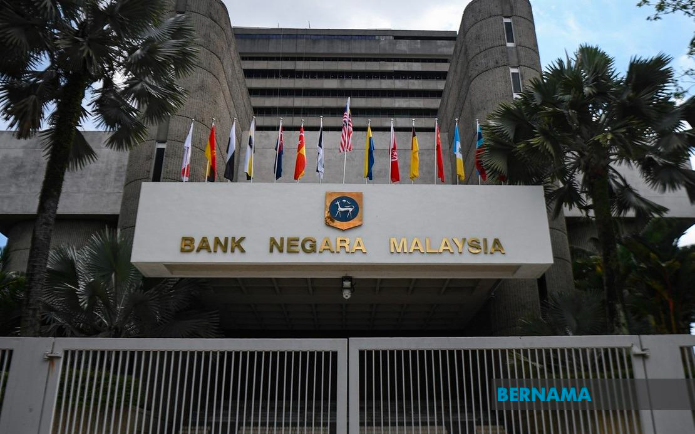BNM, FOUR ASEAN CENTRAL BANKS AGREE ON COMMON GOALS FOR REGIONAL PAYMENT PLATFORM

Bank Negara Malaysia (BNM) and the central banks of Indonesia, the Philippines, Singapore and Thailand have agreed on the shared goals for establishing Project Nexus, a multilateral platform aimed at connecting domestic payment systems.
Singapore-based Bank for International Settlements (BIS) innovation hub head Maha El Dimachki emphasised the importance of the five partners' unified vision in ensuring the project's successful launch.
She said having a shared vision and strategy is vital to the project's progress and overcoming hurdles.
“You need to ensure that there is a shared vision and strategy; otherwise, there's really no point as there's too much divergence,” she told a session at the BNM-organised Sasana Symposium 2024.
BIS is the coordinator of Project Nexus.
The Sasana Symposium session titled “Future Payment” addressed the multilateral payment connection for ASEAN, with the next phase of Project Nexus focusing on transitioning the existing Nexus system into an operationally and financially viable model by 2025.
El Dimachki said negotiations concerning Project Nexus are more complex than bilateral agreements as it is a multilateral platform involving five countries.
“We have been working and testing with Project Nexus. We have completed a prototype (project and proved that it works.
“However, there are a lot more (elements) than just the technology, including scheme negotiations, dispute resolution and elements to ensure cross-border payments are safe,” she said.
EL Dimachki said that BIS supports the central banks' objectives to deliver public goods and is also bound by six guiding principles: public policy goals, scalability, agility, inclusivity, neutrality, and commercial viability.
“We are working on a project that needs incentives for participants, or partners in the ecosystem, to see that there is value in doing this, and it needs to be a structure that stands on its own two feet,” she added.
Meanwhile, a World Economic Forum report said that gross digital payments in the six main ASEAN economies totalled US$806 billion in 2022, rising 14% year-on-year, and are expected to reach nearly US$1.2 trillion by 2025. (US$1 = RM4.71)
The report attributed the growth to smartphone availability and growing internet penetration, significantly contributing to the broad use of online banking services, mobile money, and e-wallets.
